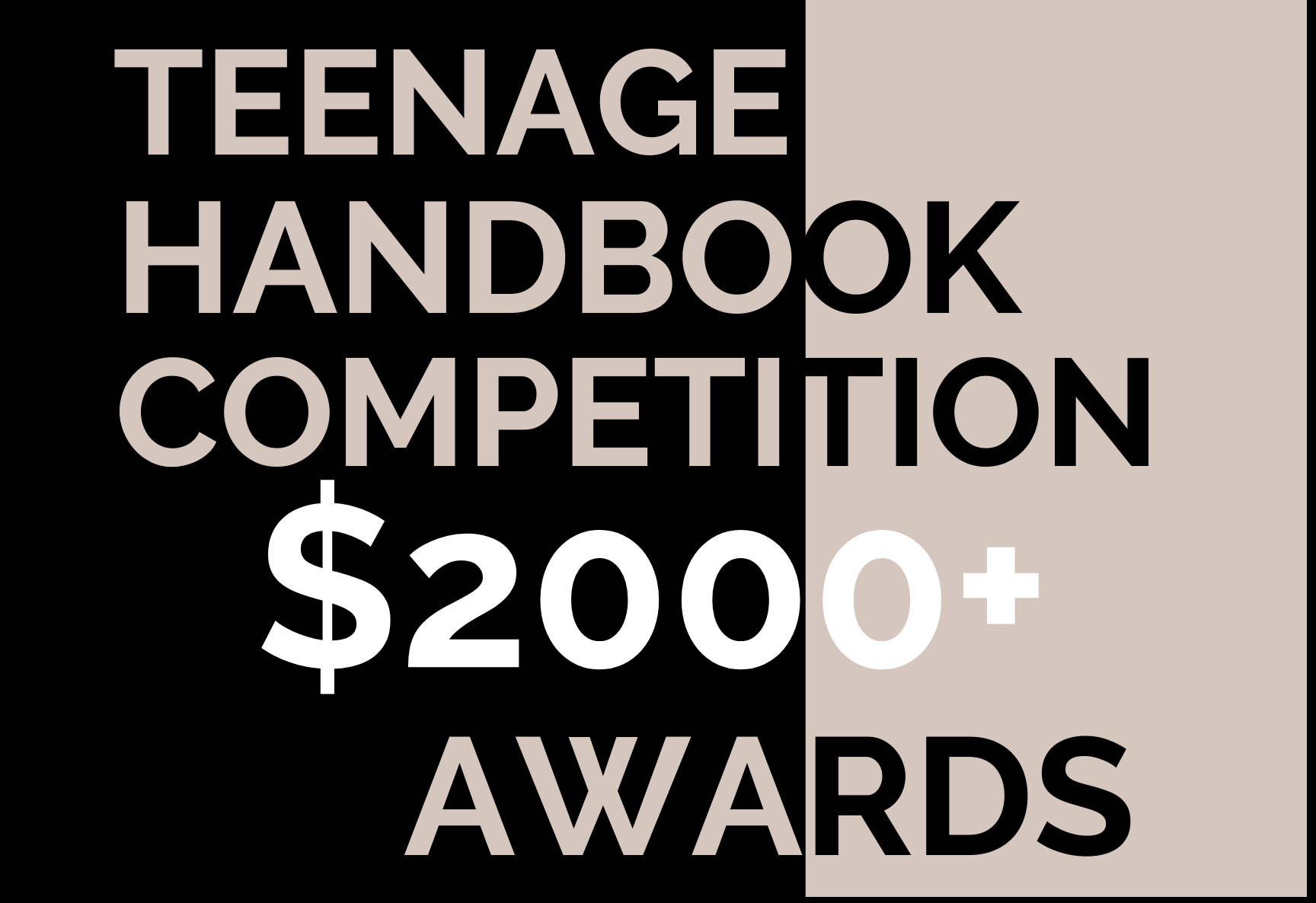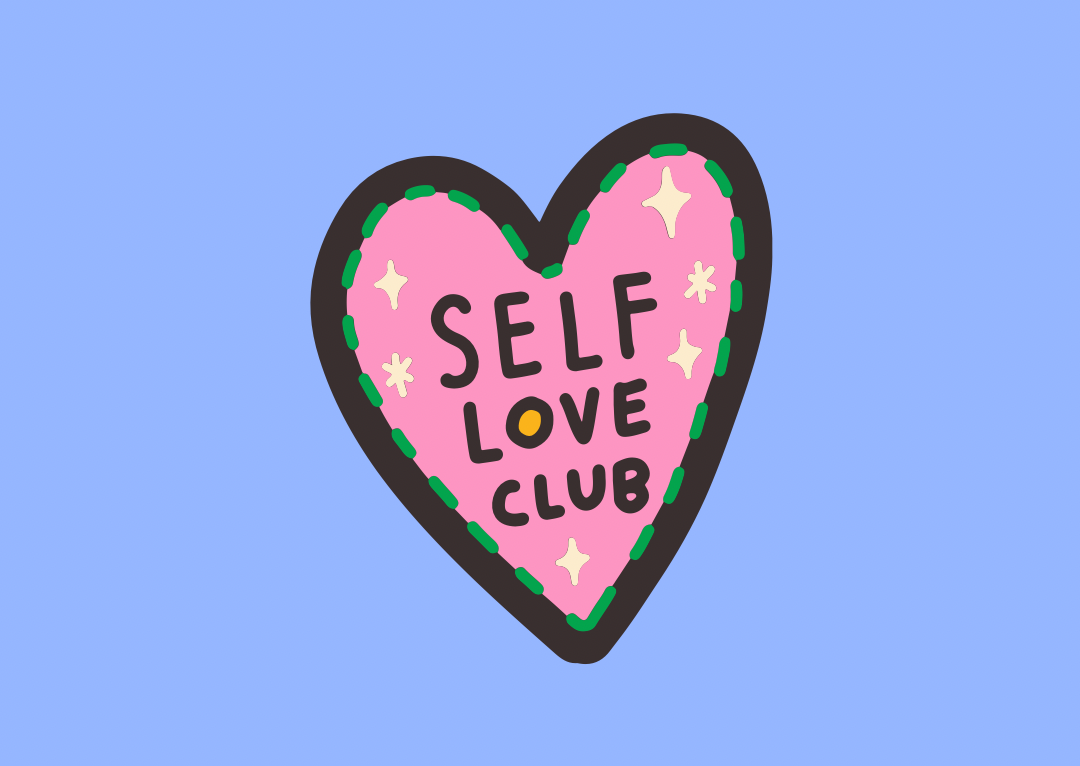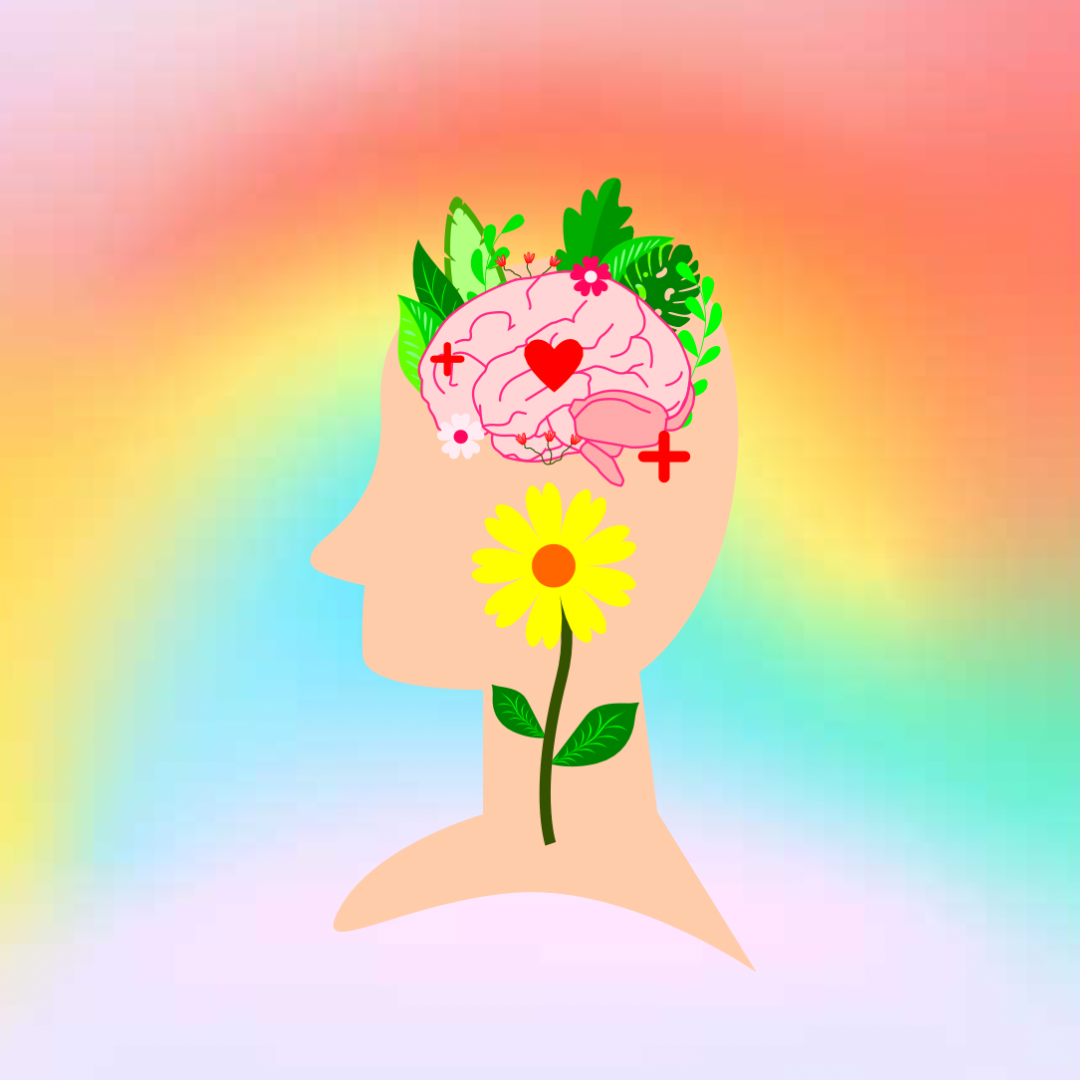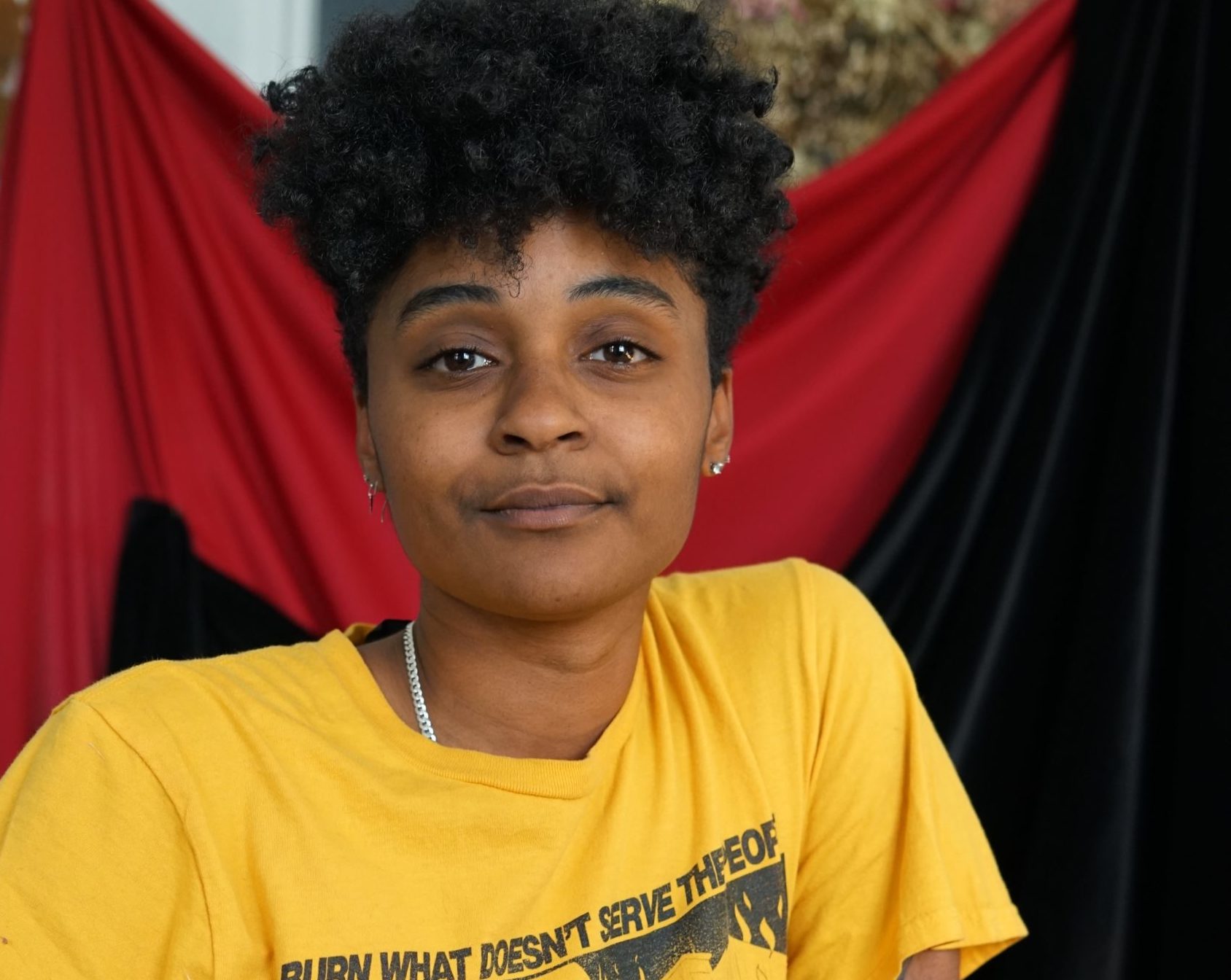In 2022, my family moved from the east to west coast, and I transitioned from middle to high school. Despite the beautiful Pacific Ocean backdrop for my first summer, I found myself sad and lonely. Maybe it was from being in a new place, the after effects of the pandemic, or simply being a teenager. I was lucky to find kind classmates who made me part of their community and to learn water polo and swimming for regular physical exercise. With that support, combined with expressing myself creatively through filmmaking, I was able to emerge.
Over the next year, friends shared with me problems they didn’t feel comfortable telling adults and their parents. Though teens benefit from adult and professional help, I realized the right word at the right time from a peer can make a difference. I founded the Teenage Handbook, whose mission is to use technology to help teenagers successfully navigate into a healthy adulthood. Our advisors come from Boston Children’s Hospital’s Digital Wellness Lab, Stanford’s Center on Adolescence, the Family Online Safety Institute (FOSI), Harvard’s Stress and Development Lab, the Social Media and Adolescent Health Research Team (SMAHRT), and Meta. 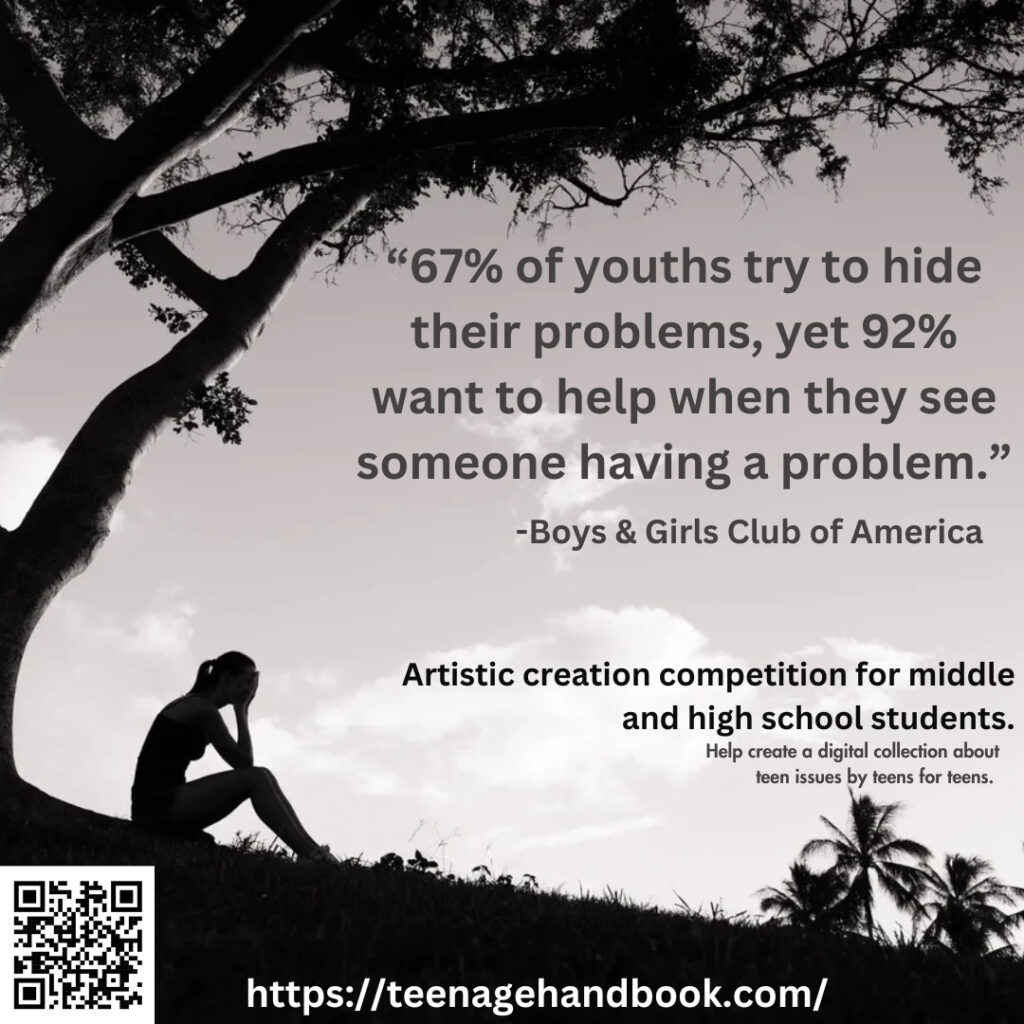
Today’s teens grew up with iPads and TikTok. Technology is the best way to reach teens and it’s the best way for teens to reach other teens. However, teens today can fall into the social media traps of being self-centered and self-promoting to get likes. Consequently, they can feel constant FOMO and emptiness knowing their posts aren’t 100% genuine. How do we get teens instead to use technology to be caring and show compassion to pay it forward? How can we reward teens with lasting goodness from helping someone? If social media is a competition about getting likes, the Teenage Handbook wants to be about vulnerability and kindness.
The Teenage Handbook’s first ambition is to encourage teens to digitally journal and accumulate a digital collection of respectful and helpful creative expressions by teens, for teens, on teen issues. Introspective digital journaling is the opposite of social media oversharing. It’s the art of using electronic devices to record one’s feelings and experiences. It can be done through different media like audio, video, phone notes, etc. It’s the quintessential 21st century therapy tool. Through high tech self reflection, teens can process and share their positive learnings to help other teens who inherently are skeptical of grown ups and face similar teen experiences.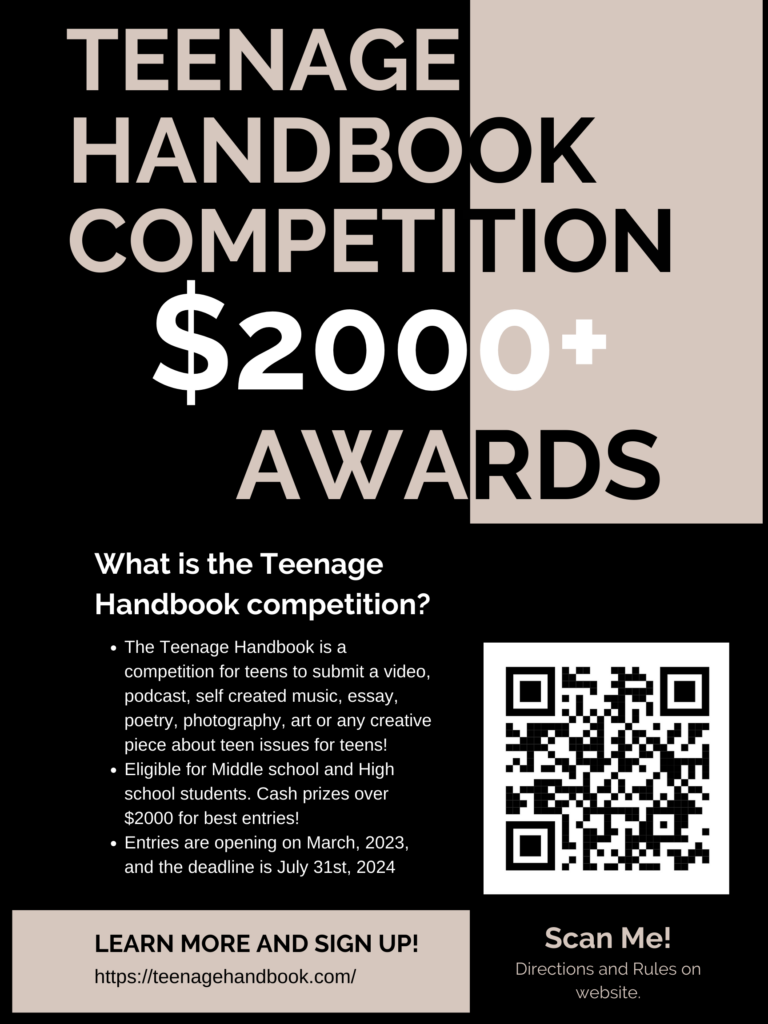
The Teenage Handbook encourages teens to submit their thoughts on any teen issue, through video, podcast, self-created music, essay, poetry, photography, or art…anything to help that teen articulate their feelings. The ultimate goal of the Teenage Handbook Competition is to accumulate a digital collection of artistic expression over time to help teenagers understand how other teenagers have dealt with teen-specific issues.
Our contest is currently open for creative submissions. Check it out here: https://teenagehandbook.com/ The emphasis of submissions is on authenticity and connecting with others. Pieces that win prizes will be part of a digital collection that can be accessed over time. We look forward to your entries!










